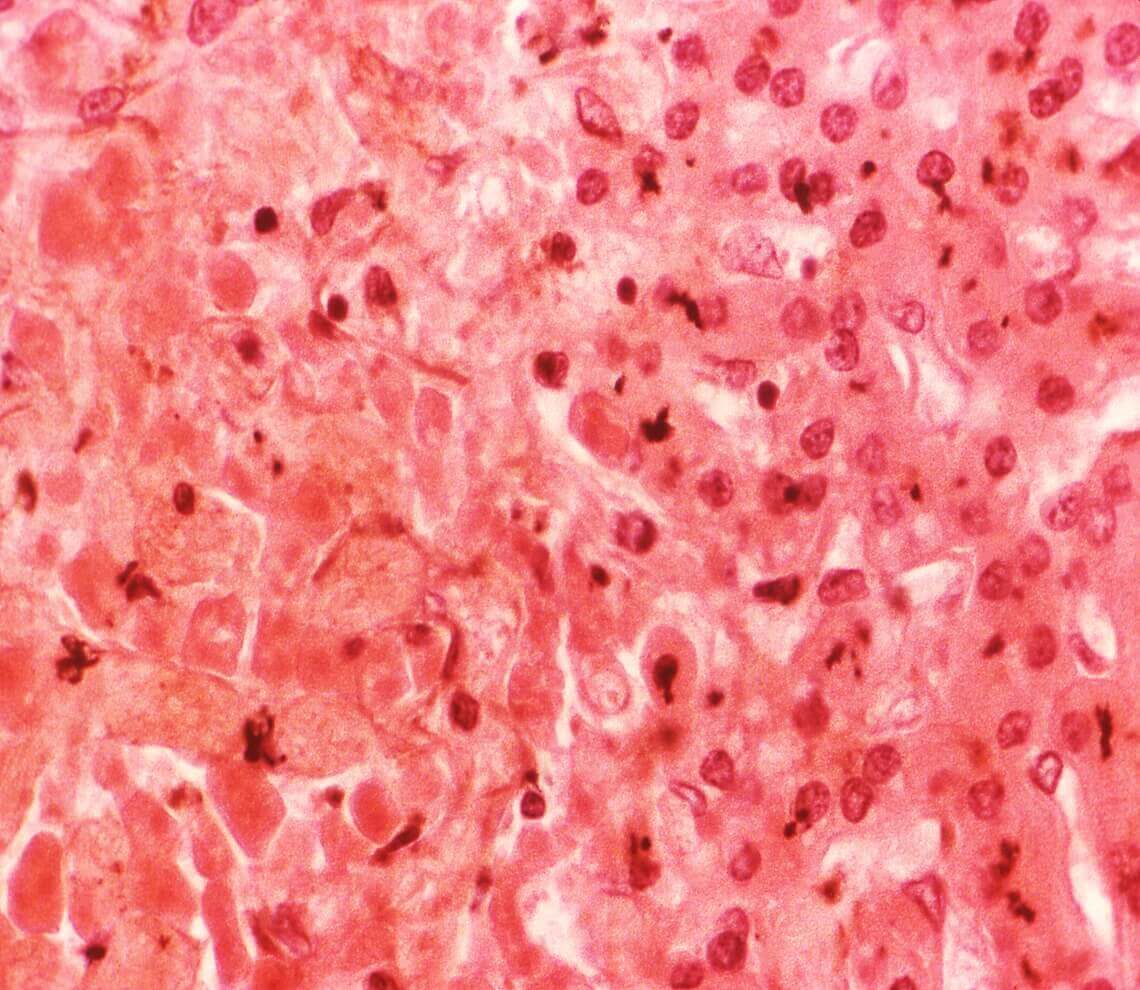- Our Suppliers
- MBS Monoclonals
- MOUSE Anti-HUMAN SULFATASE 2 (C-TERMINAL) Antibody
Product short description
Price:
271 EUR
Size:
0.025 miligrams
Catalog no.:
GEN224444
Product detailed description
Clone
2B4
Purification method
N/A
Immunoglobulin isotype
IgG1
French translation
anticorps
Category
Antibodies
Clonality
Monoclonal
Also known as
SULFATASE 2
Latin name
Mus musculus
Host organism
Mouse (Mus musculus)
Subcategory
Mnoclonal antibodies
Concentration
IgG concentration 1.0mg/ml
Form/Appearance
Purified (Purified IgG - liquid)
Tested applications:
Immunohistology - Paraffin (IHC), ELISA (EIA), Western Blot (WB)
Other gene names
Sulf2; Sulf2; MSulf-2; AU020235; mKIAA1247; 2010004N24Rik; mSulf-2
Gene name synonims
Sulf2; Sulf2; MSulf-2; AU020235; mKIAA1247; 2010004N24Rik; mSulf-2
Gene name
Sulf2; Sulf2; MSulf-2; AU020235; mKIAA1247; 2010004N24Rik; mSulf-2
Other names
extracellular sulfatase Sulf-2 isoform 1; Extracellular sulfatase Sulf-2; extracellular sulfatase Sulf-2; sulfatase 2; N/A
Description
This antibody needs to be stored at + 4°C in a fridge short term in a concentrated dilution. Freeze thaw will destroy a percentage in every cycle and should be avoided.
Species reactivity
Human (Homo sapiens); Due to limited knowledge and inability for testing each and every species, the reactivity of the antibody may extend to other species which are not listed hereby.
Storage and shipping
Store the antibody at +4 degrees Celsius for short-term storage and at -20 degrees Celsius for long-term.Storage in frost-free freezers is not recommended. the antibody should be stored undiluted. Repeated freeze - thaw cycles may denature the peptide chains of the antibody and therefore should be maximally avoided. If there is a precipitate in the vial we recommend you to briefly microcentrifugate it prior to use. Shelf Life: 18 months from date of dispatch.
Test
MBS Monoclonals supplies antibodies that are for research of human proteins.Mouse or mice from the Mus musculus species are used for production of mouse monoclonal antibodies or mabs and as research model for humans in your lab. Mouse are mature after 40 days for females and 55 days for males. The female mice are pregnant only 20 days and can give birth to 10 litters of 6-8 mice a year. Transgenic, knock-out, congenic and inbread strains are known for C57BL/6, A/J, BALB/c, SCID while the CD-1 is outbred as strain.
Properties
If you buy Antibodies supplied by MBS Monoclonals they should be stored frozen at - 24°C for long term storage and for short term at + 5°C.Human proteins, cDNA and human recombinants are used in human reactive ELISA kits and to produce anti-human mono and polyclonal antibodies. Modern humans (Homo sapiens, primarily ssp. Homo sapiens sapiens). Depending on the epitopes used human ELISA kits can be cross reactive to many other species. Mainly analyzed are human serum, plasma, urine, saliva, human cell culture supernatants and biological samples.
Specificity and cross-reactivity
SULFATASE 2 This item recognises an epitope within the C-terminal (CT) subunit of Sulfatase 2 (Sulf-2). Sulf-2 is a novel extracellular heparan sulfate 6-O-endosulfatase, which selectively removes the critical sulfate group from the polysaccharide side chain of heparan sulfate proteoglycans (HSPGs), major components of the extracellular matrix, involved in cell differentiation, proliferation and migration. Sulf-2 acts as a modulator of several signalling proteins including Wnt proteins, bone morphogenetic proteins (BMPs) and fibroblast growth factors (FGFs), and is a direct transcriptional target of p53. Studies have linked Sulf-2 with several cancers, including breast, hepatocellular, and pancreatic cancer, and recently with non-small-cell lung carcinomas (NSCLCs) Mature human Sulf-2 is a heterodimer consisting of a 50kDa C-terminal subunit, essential for both glucosamine 6-O-sulfate-endosulfatase and arylsulfatase activity, and a 75kDa N-terminal subunit which contains the catalytic centre. Clone 2B4 specifically recognises Sulfatase 2, showing no cross-reactivity with Sulfatase 1 in either human or mouse.; Since it is not possible to test each and every species our knowledge on the corss reactivity of the antibodies is limited. This particular antibody might cross react with speacies outside of the listed ones.
© Copyright 2016-Tech News . Design by: uiCookies

